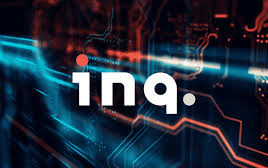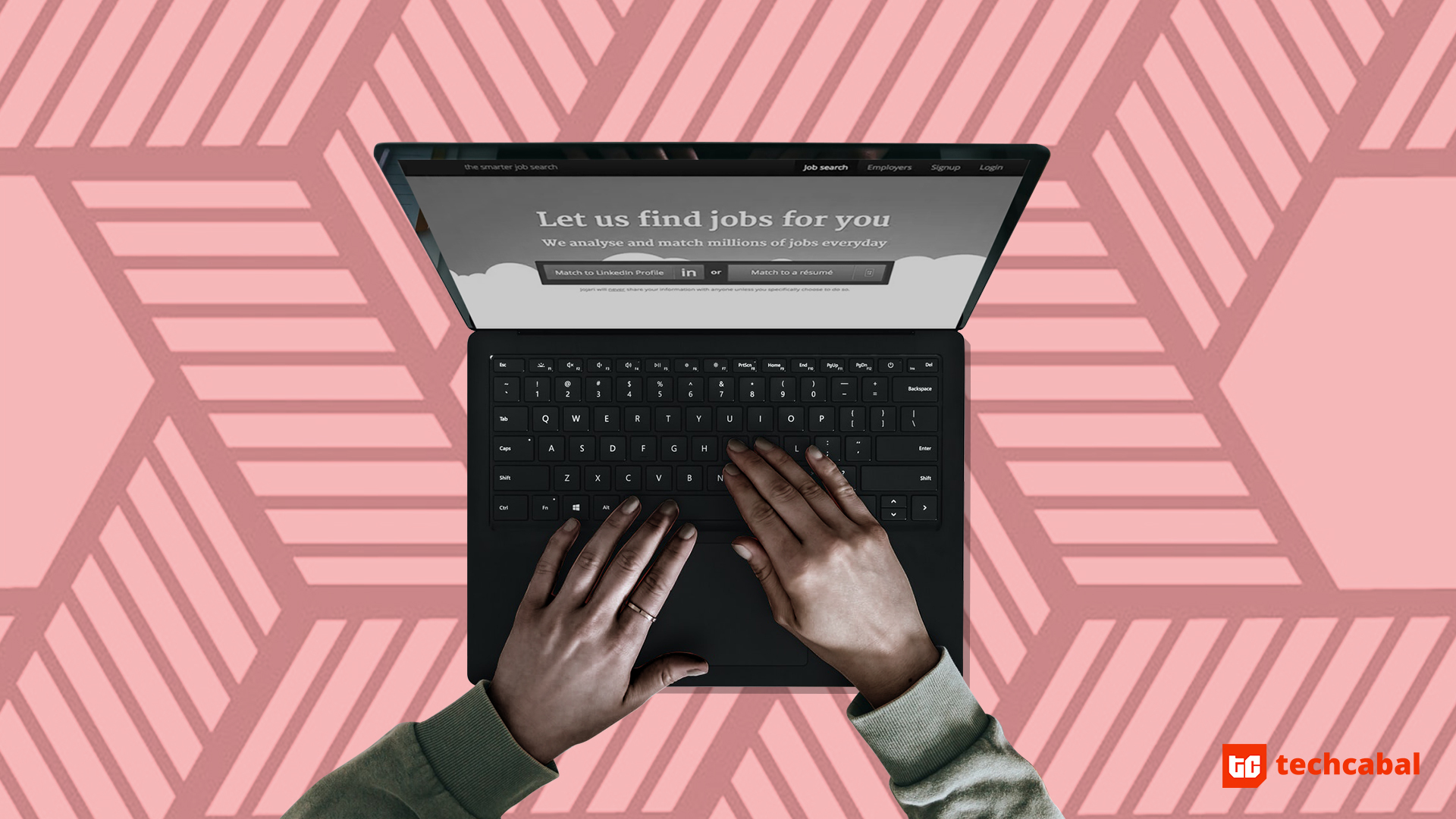Today, the International Women’s Day, Google has announced its inaugural class of women-founded startups in its novel program, Google for Startups Accelerator Africa: Women Founders Cohort. The selected women founders will receive business and technical training alongside mentoring and investment networking opportunities, tying into Google’s long-standing strategy to empower Africa’s women in business.
In a statement seen by TechCabal, Folarin Aiayegbusi, Google’s Head of Startup Ecosystem, Africa, said, “We are thrilled to announce the selected startups for the inaugural class of our Google for Startups Accelerator Africa: Women Founders Cohort. These women are tackling some of Africa’s most pressing challenges, and we’re excited to support them as they build the future.”
The 15 selected startups were pulled from eight African countries and are leveraging innovation and technology to develop solutions that are impacting lives and communities.
This announcement is coming at the back of Google’s consistent effort to achieve gender parity in the funds it deploys into African startups. Last year, Google sent a strong message to the ecosystem when its Black Founders Fund achieved 100% gender parity, causing TechCabal to ask an important question: Is Y Combinator paying lip service to gender diversity in tech?
On the gender parity matter, ecosystem arguments against Google rest majorly on the fact that Google’s drive in Africa is different from other profit-oriented accelerators like Techstars and Y Combinator.
“Google is striving to be the early-days supporter of the biggest companies in Africa’s future. They’re playing a long game, and at the end of the day, when these companies grow to their potential, they’ll know who to turn to for high-level business solutions like cloud computing and AI-supported software solutions,” an anonymous tech founder argued.
Google’s Black Founders Fund, like a number of startup funding projects that Google has done in Africa, is equity-free and can attract sums of up to $150,000 in cash. For context, Techstars offers $120,000 for about 6-9% equity, similar to YC, which hands out $125,000 for an initial 7% equity. The argument by some of these tech enthusiasts is that if equity was a business focus for Google, their gender parity scoresheet might not be hastily achieved. Still, Google reiterated last year that the Black Founders Fund was disbursed based on meritocracy, despite receiving more applications from male founders.
According to Google, the overarching goal of the accelerator program is to discover and empower women founders who are paving the way for the digital transformation of Africa.
The selected startups
- Farmer Lifeline (Kenya): A technological solution that places smallholder farmers ahead of crop pests and crop diseases to increase crop yield.
- Gobeba (Kenya): A digital retail platform for distributing bulky household essentials to urban households in growing African cities.
- Zydii (Kenya): A premier localised digital training solution which is engaging and accessible to the African workforce, leading to transformative growth for businesses.
- Mipango (Tanzania): A personal finance and advisory app for women and the mass market.
- Smart Ikigega (Rwanda): Eliminating post-harvest loss for farmers and providing access to financial services digitally.
- Afriwell Health (Congo) : Connects patients in Congo with healthcare professionals globally in a quick and efficient way.
- Alajo App (Nigeria) : A digital piggy bank for the underbanked and non-smartphone users in Africa; building an escrowed banking system between Agents and Users using USSD and SMS, helping people save money every day.
- Kola Market (Ghana): A full-stack B2B e-Commerce platform providing Guaranteed Sales, Smart Inventory Recommendations, and Product Financing to SMEs in Africa.
- Maxibuy (Nigeria): A cooperative inventory procurement and financial services platform for bulk buying merchants of consumer goods in Nigeria, enabling them to scale their businesses and gain the benefits of economies of scale.
- MosMos (Kenya): A save-to-buy platform for Africa.
- eWaka (Kenya): A ridesharing platform offering on-demand electric micro-mobility for personal use and sustainable logistics for delivery businesses.
- Hepta Pay (Rwanda): A product that interfaces card payments with mobile money accounts, easing diaspora inflows.
- Jem HR (South Africa): A software that plugs into any HR and payroll system, making it easy for employers to send payslips, manage leave requests, process salary advances and communicate with thousands of frontline employees using WhatsApp.
- Suitch (Cameroon): Provides digital financial services to underbanked and non-banked populations to foster their growth.
- Tyms Africa (Nigeria): Offers instant microcredit for microenterprises in Africa,
Google is launching an academy for women
As part of Google’s commitment to helping women-led businesses thrive in Africa, the technology behemoth will be rolling out Hustle Academy, its training program for women in business. The program has a focus on women-led SMEs, as these businesses constitute the backbone of most African economies.
In Nigeria for example, SMEs make up 48% of the national GDP and 84% of employment. The case is similar in Kenya, where SMEs account for 80% of employed Kenyans. Despite their pivotal economic role, most SMEs in Africa die within their first 5 years of operations due to several reasons including lack of funds and inefficient management.
Google’s Hustle Academy will empower SMEs in Nigeria, Ghana, Kenya, and South Africa through a boot camp-style training to help them push up revenue, prepare for investment opportunities, and build sustainable businesses for the future. Women entrepreneurs in these countries are advised to apply to join by visiting the company’s website
Speaking about Google’s plans to empower African women, Dorothy Ooko, Head of Communications, Google Africa, said, “At Google, we are committed to providing women entrepreneurs in Africa with access to funding, mentorship, and networking opportunities. Through our programs, we aim to bridge the gap and empower women to succeed in their respective fields.”





















